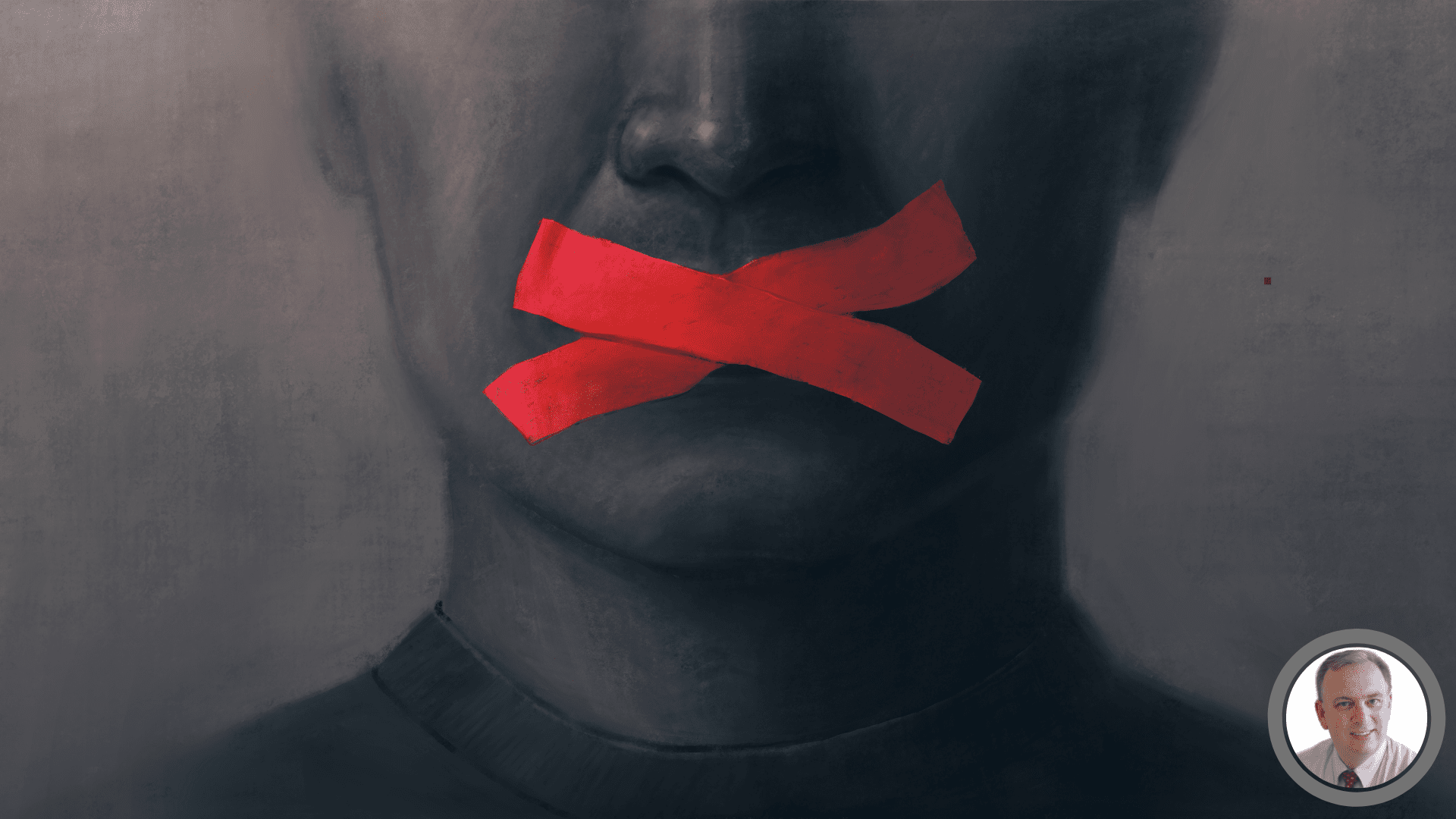
I got my first taste of cancel culture as a kid when one of my brothers brought home a Black Sabbath album. My dad was unimpressed. I grew up in a home that, by the standards of missionary parents, was moderate on the canceling. But even in our home the rock band Black Sabbath was one step too far.
If you are quick to judge my parents as closed-minded censors, think of this: Geezer Butler, the primary lyricist of Black Sabbath, recently called out Cardi B lyrics as “disgusting.” It turns out everyone has their limits—for Geezer the limit is one step shy of Cardi. For my parents? It was two steps shy of Geezer.
Which isn’t a bad thing.
A society that has no standards of decency is an indecent society. The question is, Who gets to decide the standards?
Geezer Butler, the primary lyricist of Black Sabbath, recently called out Cardi B lyrics as “disgusting.”
For a long time we Adventists have had our own standards, and they were very distinct from general society. Today? Not so much. The irony is that when Adventists were avoiding movies and refusing TVs in their homes, the general standards of society were much higher than today. And today? Today, in the church, we’ve largely given up as anachronisms the old Adventist entertainment standards. We’ve got the same big-screen TVs and the same movie streaming services; we like the same shows and visit the same sites as everyone else.
But could that change?
The beauty of the recent spate of high-profile cancel-culture episodes is that the illusion of living in society with neutral media platforms has been shattered. There isn’t an even playing field where complex ideas are discussed or value-neutral media is created. If you’re pro-undocumented immigrants, don’t expect Fox News to go easy on you. If you’re pro-life, don’t expect CNN to provide you a fair hearing. If you want your entertainment to inspire and reinforce good values, don’t watch the vast bulk of movies and TV shows coming out of Hollywood. Good values aren’t its specialty—see Harvey Weinstein for details.
And if you’re a Seventh-day Adventist Christian, you shouldn’t have any illusions that anyone else is going to support your unique set of values. They aren’t. And many of the ideas you hold dear will get you canceled, at least if you are courageous enough to express them.
Recently there has been outrage about the banning of LGBTQIA books in American public elementary schools. Censorship and cancel culture, we’re told, have come to education—as if this is something new. It isn’t. If you have a public-school elementary teacher assign the book of John from the Bible for public-school kids to read, see how quickly the teacher is disciplined and the lawsuits start. It won’t take long. Every society has its standards; the question is, Who gets to decide those standards?
If you’re a Seventh-day Adventist Christian, you shouldn’t have any illusions that anyone else is going to support your unique set of values.
Large parts of society are canceling anyone who repeats what the Bible says, whether it’s about immigrants, sexual morality, the love of money, or the value of all human life. Why would we expect anything else? As James 4:4 makes clear, the world is at war with Christ.
So where does it lead us?
Geezer Butler has standards. I’m sure Cardi B does too. Disney has standards; Fox does too. But none of them, or thousands of others like them, are our standards based on the Bible. And it is our standards that should lead us to create boundaries. Call it cancel culture; call it censorship; call it guarding the avenues to our soul; call it what you will. It’s a good thing to let our values guide our media consumption, not the other way around. It’s good to be careful whom we give a platform to in our homes and in our hearts.
Everyone has standards. What are ours?
James D. Standish, a Georgetown law graduate with an MBA from the University of Virginia, served at the General Conference and South Pacific Division of the Seventh-day Adventist Church and as executive director of the U.S. Commission on International Religious Freedom before opening Standish Strategic Consulting in University Park, Maryland.